PhD Workshop
09:00-18:00 @ OCG (Wollzeile 1, 1010 Vienna)
Invites-only PhD Workshop
Workshop A
ASSUME – Deep reinforcement learning for electricity market modeling
09:00-11:30 @ AIT (Room GG2-F4-M1, Giefinggasse 2, 1210 Vienna)
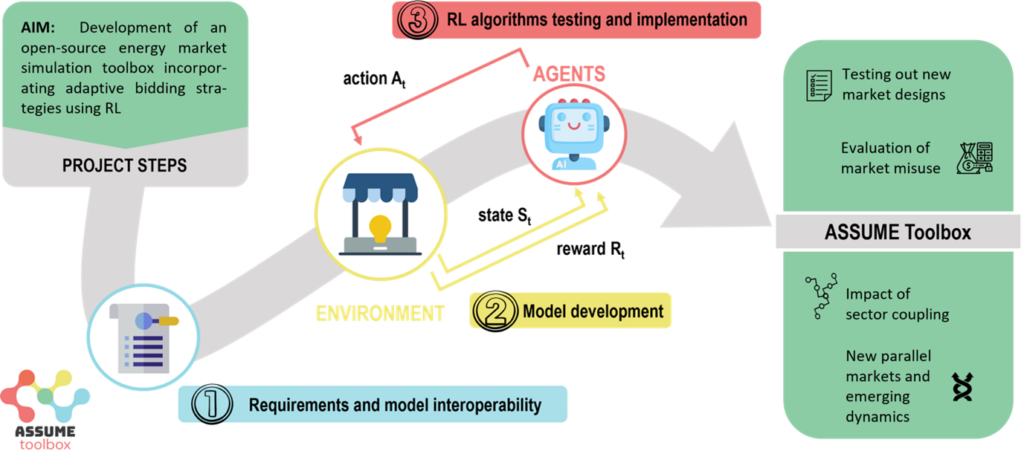
The transformation of electricity markets amid the transition to a higher share of renewable power generation necessitates the constant evolution of market mechanisms. However, altering current market designs can have unforeseen impacts on various markets and their participants, as evident from recent changes in the German reserve markets. This highlights the importance of tools and simulation models to comprehensively explore and understand markets’ intricate interplay, predict potential adverse effects, and mitigate market power misuse. Recent advancements in Deep Reinforcement Learning (DRL) offer fresh perspectives for agent-based electricity market modeling. The ASSUME project endeavors to develop an open-source, agent-based simulation toolbox tailored for electricity markets, harnessing the capabilities of DRL algorithms.
Workshop Objectives:
- Provide participants with a deep understanding of the ASSUME framework and its practical applications.
- Equip attendees with hands-on experience in installing and utilizing the framework.
- Enable participants to implement new unit types within ASSUME.
- Explore the integration of DRL methods for developing innovative bidding strategies.
- Foster knowledge exchange and facilitate a Q&A session.
Prerequisites: Basic knowledge of electricity markets and programming fundamentals is recommended. ASSUME (https://github.com/assume-framework/assume) is a Python package that can be installed using pip, so a Python installation is required (we recommend using Anaconda).
Workshop Agenda:
1. Introduction and Installation (20 minutes): Gain insight into the framework’s core concepts and installation procedures.
2. Adding a New Unit (45 minutes): Learn how to integrate a new unit type into the ASSUME framework.
3. Break (15 minutes): Take a short break to recharge.
4. Using DRL for Bidding Strategies (45 minutes): Explore the practical application of integrated DRL methods in developing innovative bidding strategies.
5. Wrap-up and Q&A (15 minutes): Summarize key takeaways from the workshop and address participants’ questions.
Join us for this informative and interactive workshop, where you’ll delve into the dynamic world of electricity markets and harness the power of agent-based modeling coupled with deep reinforcement learning.
Moderators
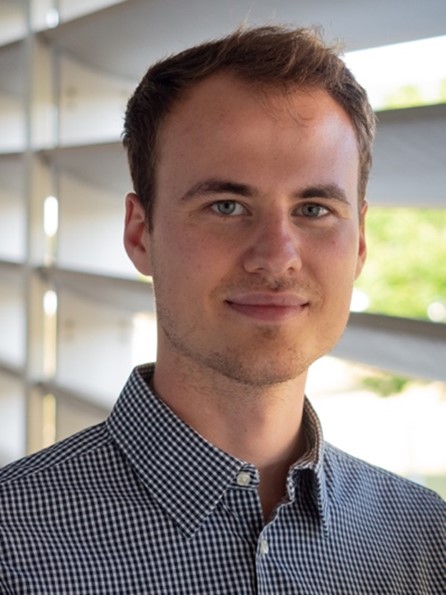
Nick Harder is a research associate and a doctoral student at the Institute for Sustainable Systems Engineering (INATECH) at the University of Freiburg. He completed his master’s studies in “Sustainable Systems Engineering” at the same university. His research primarily focuses on utilizing deep reinforcement learning methods to model electricity markets and understand the behavior of market participants. Additionally, he holds the role of project coordinator for the ASSUME project, which focuses on developing a modeling toolbox for analyzing electricity markets and market designs through the use of deep reinforcement learning techniques. Overall, Nick’s expertise lies in the intersection of sustainable systems engineering and advanced machine learning approaches applied to energy markets.
Kim K. Miskiw is a research associate and a doctoral student at the Chair for Information and Market Engineering (IISM) within the Faculty of Economics and Business Engineering at the Karlsruhe Institute of Technology (KIT). Her research interests revolve around deep reinforcement learning in electricity market simulations, agent-based electricity market modeling, energy market engineering, and stochastic optimization. Previously, she held the position of Junior-Project Associate at the Institute for Industrial Production, Chair of Energy Economics (KIT). Kim completed her Master’s degree in Industrial Engineering at KIT, focusing her master’s thesis on stochastically optimized bidding strategies in sequential electricity markets and examining their benefits in relation to risk preferences and portfolio setups.
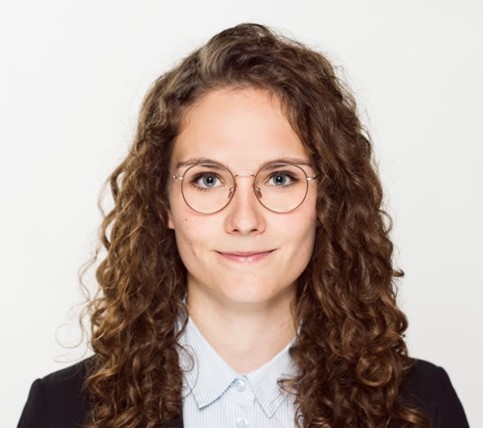
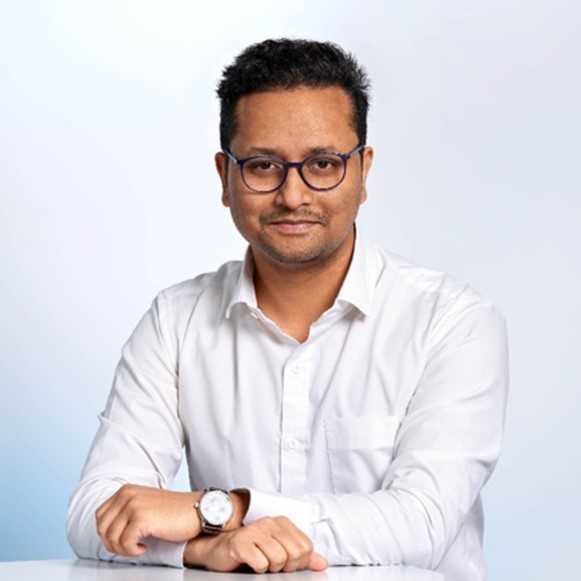
Manish Khanra is a research associate at the Competence Center, Energy Technologies and Energy Systems (CC-E) at Fraunhofer ISI. He is also a doctoral student at the Institute for Industrial Production (IIP) at Karlsruhe Institute of Technology (KIT). With specialisation in integrating hydrogen and efuels for decarbonising Hard-to-Abate sectors, Manish investigates their impact on the power system.
Holding an MSc in Renewable Energy and Energy Efficiency for the Middle East and North Africa, his research has focused on the transformation paths in the heat sector in Germany. Currently, his work encompasses developing electricity market and technology diffusion models, analysing policy aspects for sectors such as steel, cement, chemicals, aviation, and maritime, and conducting applied research in the hydrogen economy.
Florian Maurer is a research associate and doctoral student at the University of Applied Sciences Aachen in cooperation with the University of Oldenburg. After completing a dual study program in software development, he obtained his Master’s degree in “Applied Mathematics and Computer Science” at FH Aachen, where he developed charging solutions for e-mobility. Florian is involved in research projects related to energy measurements and prosumer market integration. His research interests include open-source development, wireless communication and energy market design. Currently, he is researching agent-based modeling of energy markets to provide a simulation framework that covers the comparison of different market designs and policies.
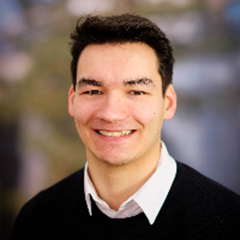
Workshop B
How to integrate cybersecurity into smart grid education?
09:00-11:30 @ AIT (Room GG2-F4-M2, Giefinggasse 2, 1210 Vienna)
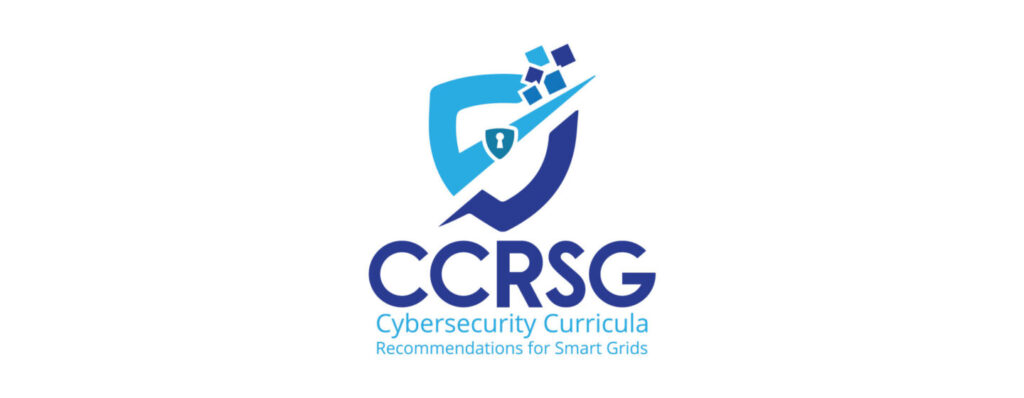
In this live-only workshop we will discuss and share our knowledge on integration of cybersecurity into smart grid education. We invite educators and education planners in higher education to share their knowledge and to co-create new ideas on this topic with us.
First, we present a framework for curricula recommendations for cybersecurity education in smart grids and a proposal for a MOOC course. Then, we will jointly discuss how to implement the given recommendations in practice, assess the recommendations, and innovate possible new ways for teaching this issue. We will also discuss the pedagogical issues (e.g., theories of learning). Discussions will occur in small groups and the results will be gathered for future development.
The workshop will be organized as follows: First, there is a brief lecture on the results of CC-RSG project. The lecture will consider different viewpoints to how to educate future smart grids professionals from cybersecurity viewpoint. Then, we will form small groups. The tasks of the groups relate to validating our results and proposing modification, and recognizing if something important is missing. There will be variety of specific tasks for you to select.
If you have prior experience on teaching cybersecurity in smart grids programs you are welcome to express your experiences (a brief 5 min talk, for example; in that case contact me beforehand, tero.vartiainen@uwasa.fi).
Please, if you have time, take a look at our two reports.
Specifications of a new MOOC course ->
Body of knowledge ->
The project main page is -> https://blogs.uwasa.fi/ccrsg/
The workshop is based on results of Erasmus+ project “Cybersecurity Curricula Recommendations for Smart Grids (CC-RSG)”. The goal of the workshop is to disseminate the developed knowledge and further develop our recommendations with the help of workshop participants.
Moderator
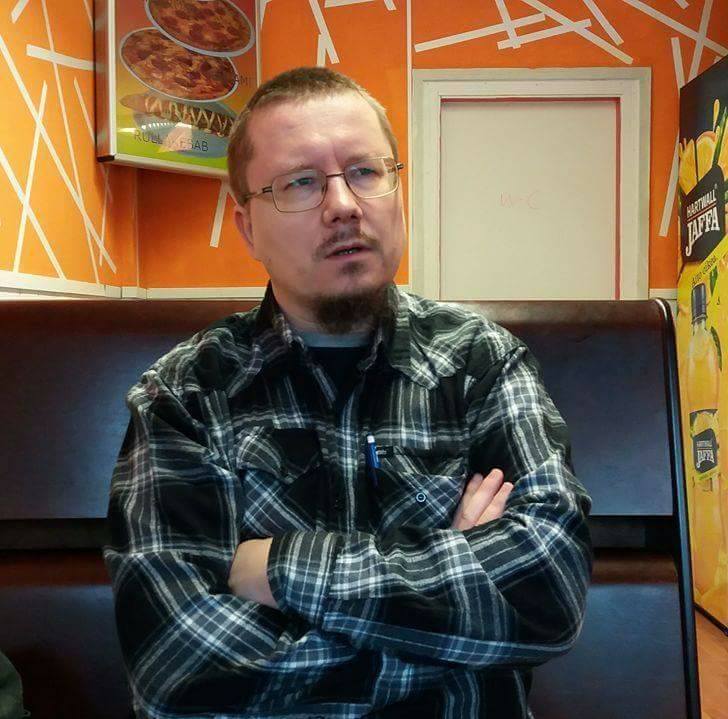
Tero Vartiainen is a professor of information systems in the Department of Computing Sciences at the University of Vaasa, Finland. He is also an adjunct professor at University of Jyväskylä. He holds a Ph.D. from University of Jyväskylä. His research interests lie in the areas of cybersecurity, IT services, energy informatics, IT project management, and computer ethics. Dr. Vartiainen’s research has been published, e.g., at Information Systems Journal, European Journal of Information Systems, Communications for Association of Information Systems, and IT and People.
Workshop C
NFDI4Energy – What does the energy research community need for FAIR data infrastructures
09:00-11:30 @ AIT (Room GG4-F1-M2A, Giefinggasse 4, 1210 Vienna)
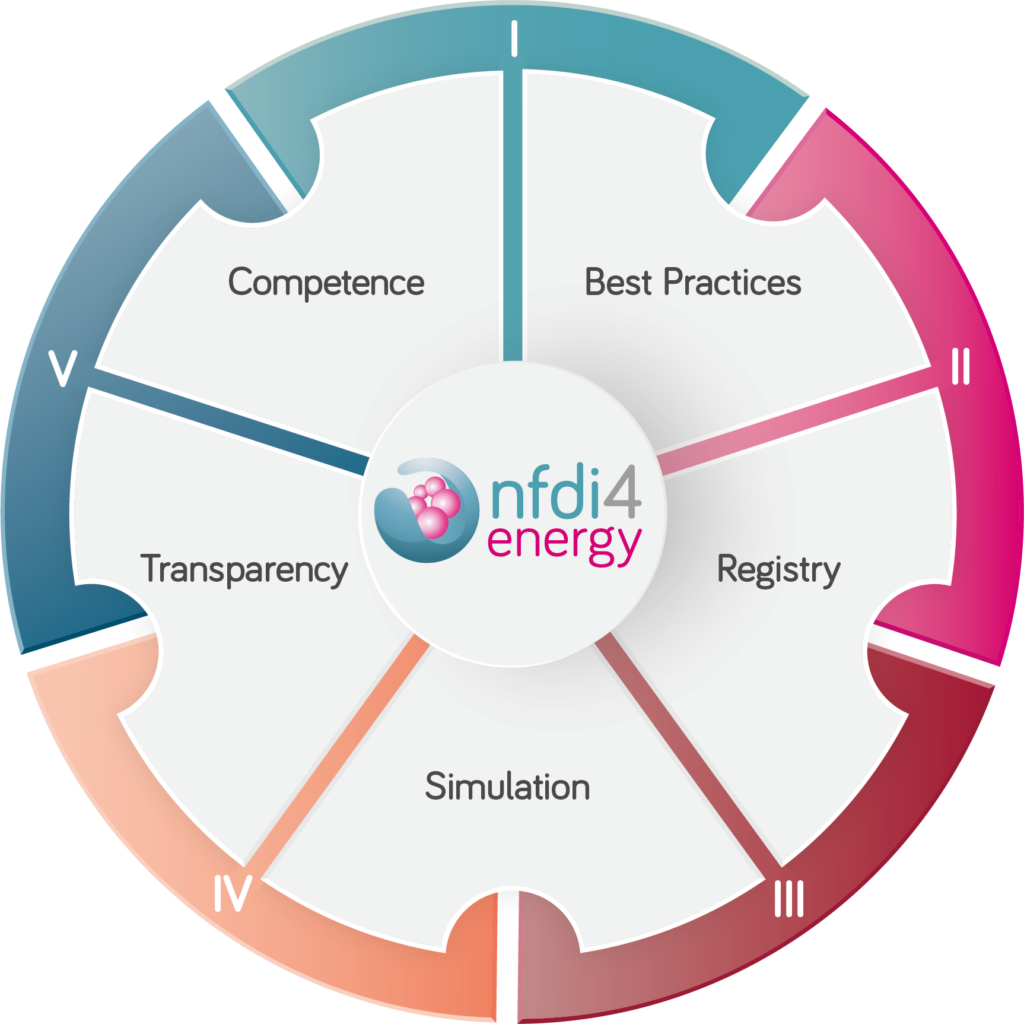
The necessary transformation of energy systems towards net zero greenhouse gas emissions provides many new research challenges: New interconnections between different energy sectors, such as power, heat and mobility, increase the system’s complexity. In this context, the digitalization of cyber-physical energy systems (CPES) alleviates change and equally affects technical, social, and societal topics, as well as the way we do research in the CPES research community. Research efforts towards CPES heavily on modeling and (co-)simulation-based approaches. Tracking models together with all data creates a complex software and data management challenge, which needs to be addressed in each research project. Therefore, NFDI4Energy will develop and provide services to help researchers to handle their digital research objects, like research data and software.
To fulfill these objectives, NFDI4Energy concentrates on five key services to provide non-discriminatory access to digital research objects for all relevant stakeholders: (1) Competence to help to navigate the interdisciplinary research field, (2) Best Practices to get information about the successful conduct of research especially in regard to research data management, (3) Registry to find and provide suitable data and software, (4) Simulation to couple existing simulations and, therefore, reuse software artifacts, and (5) Transparency to involve more stakeholders in all research stages.
In this workshop, we would like to give a short introduction to the general ideas of NFDI4Energy. We want to discuss opinions and important requirements with the academic audience from the energy research community for their usage with regard to the planned infrastructure. Consequentially, the workshop is highly interactive in its form and should serve as a discussion platform for the wider spreading of FAIR data infrastructures in general and the project NFDI4Energy in particular. We would especially invite participants from the energy research community to participate, but also practitioners can join and share their ideas on the handling of research data and software.
Moderator
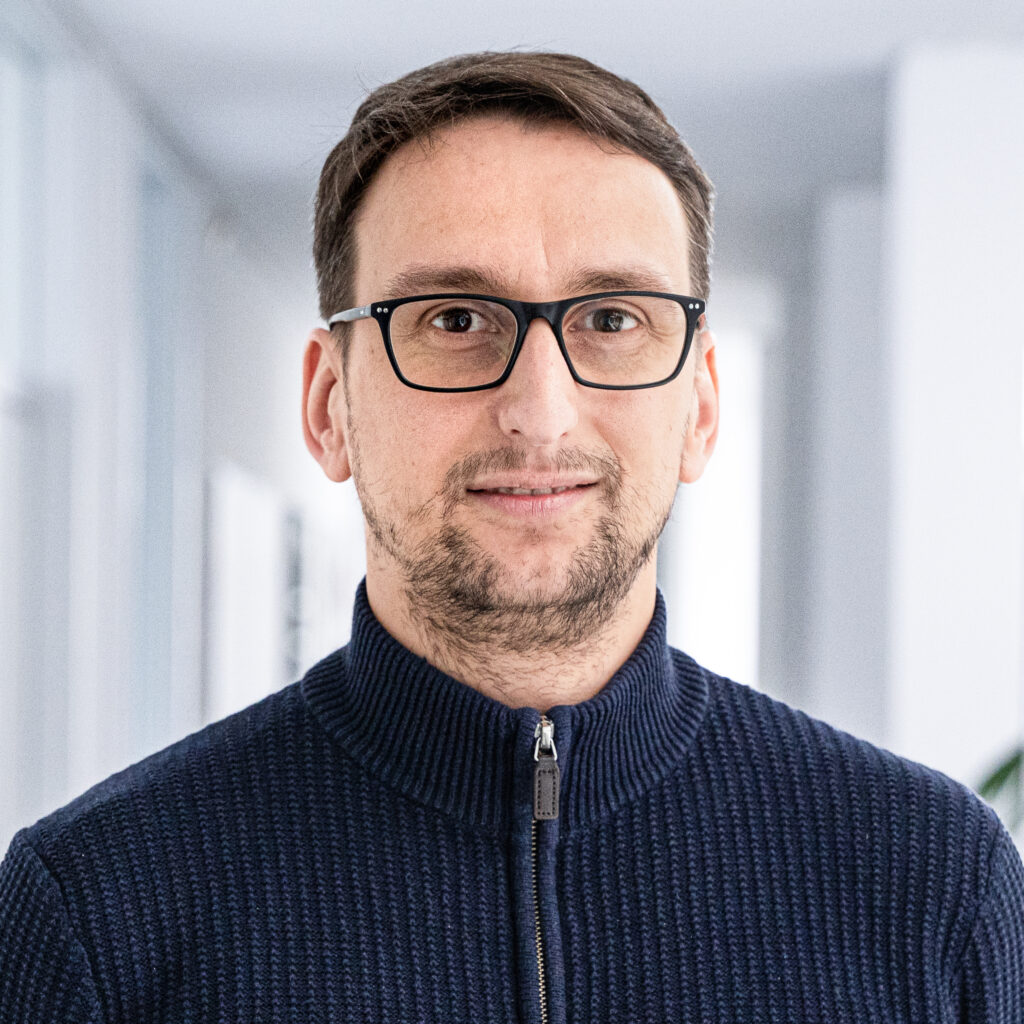
Oliver Werth (oliver.werth@offis.de) is postdoctoral researcher in NFDI4Energy (https://nfdi4energy.uol.de/) at OFFIS e.V., and affiliated institute of the Carl von Ossietzky University in Oldenburg, Germany. His research focuses on mobile systems, digital transformation, as well as Open Data and Research Data Management. His research is published in leading international Information Systems conferences and journals, e.g., the International Conference on Information Systems and Electronic Markets.
Workshop D
SIMONA: Agent-Based Simulation of Energy Systems: Exploring Modelling and Simulation Approaches
13:30-16:00 @ AIT (Room GG2-F4-M2A, Giefinggasse 2, 1210 Vienna)
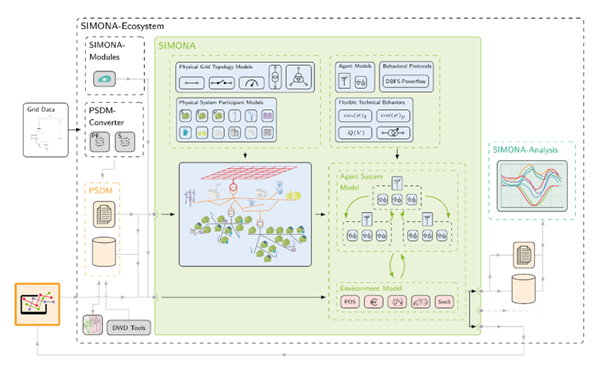
During this workshop we will explore agent-based simulation in energy systems, focusing on its methods, benefits and practical application cases. We will start with an overview of the SIMONA simulator, detailing its architecture and functionalities. This will help participants to understand its scope and application in energy system modelling.
Next, we’ll dissect the concept of agents in the simulation environment, discussing their characteristics and functions, which will shed light on the intricacies of agent-based simulations. This discussion will be followed by an in-depth explanation of the modelling and execution of an agent-based simulation, providing participants with an essential understanding of the process.
We then present an approach to modelling flexibility and demand-side management in energy systems, detailing the inherent complexities. We will also explain why and how flexibility modelling enables researchers to address a wide range of research questions. The value of a dedicated data model will also be explored, highlighting its importance not only for SIMONA but also for related tools and projects.
The workshop will conclude with real-world applications, demonstrating how SIMONA is involved in the current research projects “TRANSENSE” and “Redispatch 3.0”. This will provide participants with practical insights into the use of agent-based simulation in ongoing research scenarios.
Moderators
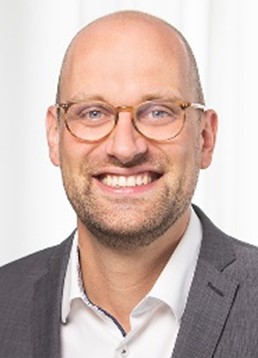
Daniel Feismann is a researcher and a PhD student at the Institute of Energy Systems, Energy Efficiency and Energy Economics (ie³) at the TU Dortmund University. His research primarily focuses on grid planning approaches including flexibility options as well as congestion management in the operation of distribution grids. Previously, he worked for a utility and grid operator where he was involved in asset management, grid development and smart grids. Daniel holds a Master’s in Industrial Engineering and a Diploma in Electrical Engineering.
Thomas Oberliessen is a researcher and PhD student at the Institute of Energy Systems, Energy Efficiency and Energy Economics (ie³) at TU Dortmund University. His research focuses on energy system simulations and machine learning based DSSE approaches. Previously, he has worked on modelling electric vehicle mobility and charging demand as well as modelling household flexibility in future energy systems. Thomas holds a Master’s and Bachelor’s degree in Industrial Engineering.
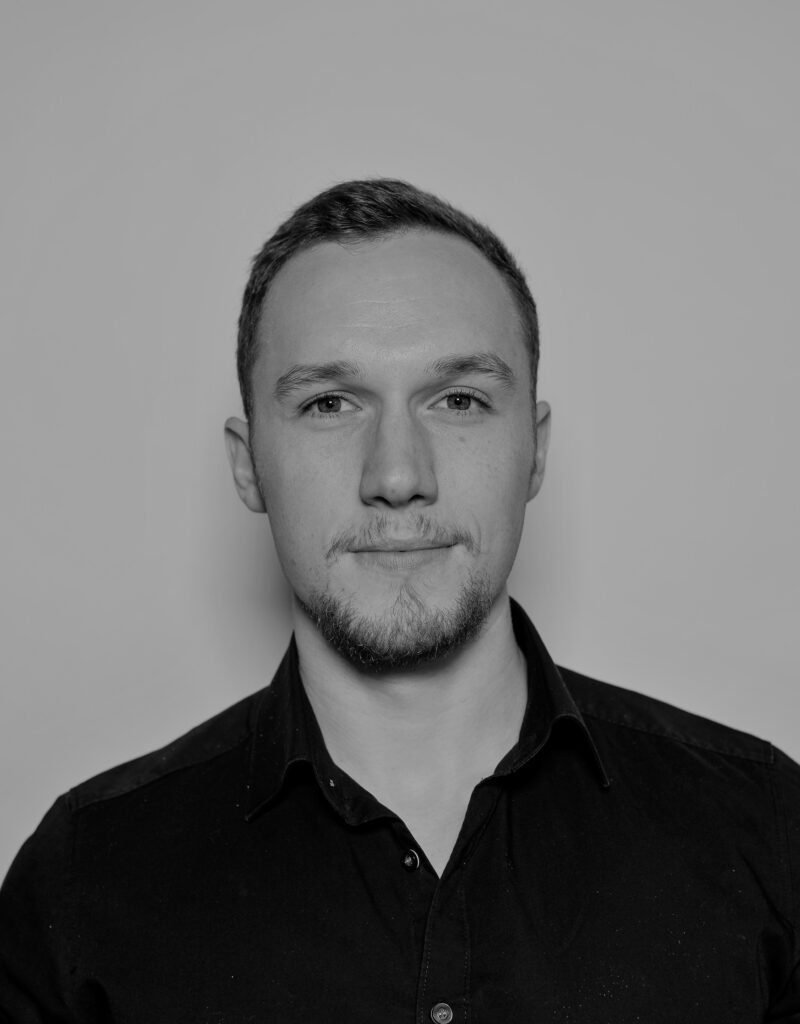
Workshop E
Design of Smart Electricity Markets
13:30-16:00 AIT (Room GG2-F4-M2, Giefinggasse 2, 1210 Vienna)
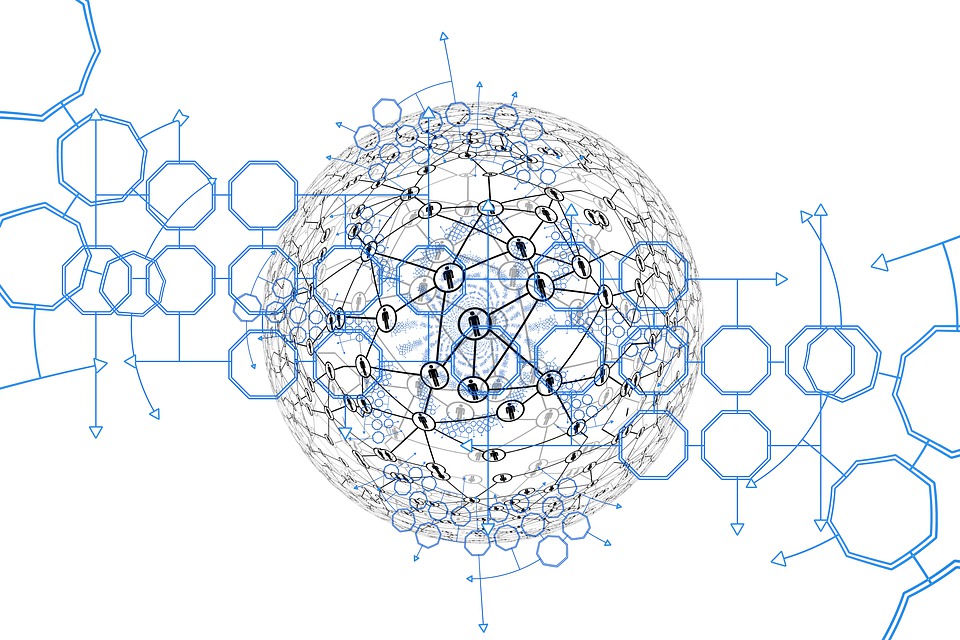
World-wide electricity systems are undergoing a far-reaching transformation with millions of new assets and changing market roles. As a result, the complexity of electricity systems is constantly and rapidly growing. Ongoing policy discussions in Europe and all around the world on a future-proof electricity-market design underline the key role of electricity markets to manage the complexity of future electricity systems. Here, the interplay between electricity market design and the digital transformation needs to be considered in an integrated manner to avoid divergent developments in these two important areas. In this way, smart electricity markets can help to exploit future opportunities for our economy and society in a best possible way by enabling highly needed electricity-market capabilities. While smart electricity markets are key for a successful energy transition, the term “smart electricity market” is often not clearly defined, used in an inconsistent way, and/or missing the big picture. As a consequence, questions, for instance, related to the role of digital technologies in future smart electricity markets or to the design of smart electricity markets remain open and require market (design) experts and experts from the Energy Informatics domain to be successfully brought together.
The primary objective of this workshop is to provide a platform for the breadth of smart electricity market research in Energy Informatics. The workshop facilitates interdisciplinary collaboration among researchers specializing in Energy Informatics and electricity markets to address challenges and opportunities related to smart electricity markets. The overarching goal is to establish a community of scholars dedicated to leveraging their expertise to advance the development of smart electricity markets. Against this background, this workshop aims to provide a platform for knowledge sharing, networking, and collaboration among participants, with the goal of advancing research in this area.
In particular, in the workshop, we will discuss how smart electricity markets can be defined, elaborate on the role of smart electricity markets for a successful energy transition, and develop an agenda for future research directions in this growing area.
The workshop will last around two hours, starting with a short keynote lecture in the first part of the workshop. This will be followed by a creative session in the second part, which focuses on interactive group work and discussions on the above questions.
The workshop results are intended to provide a starting point for future work in the area of smart electricity markets. In particular, the workshop outcomes shall be summarized in a joint paper with a roadmap for future research coming from the Energy Informatics community in smart electricity markets, to which all interested participants are highly welcomed after the workshop. In addition, contributions to special issues of journals are conceivable.
Even if preregistration is not mandatory, we would kindly ask interested colleagues to register using the link.
Moderators
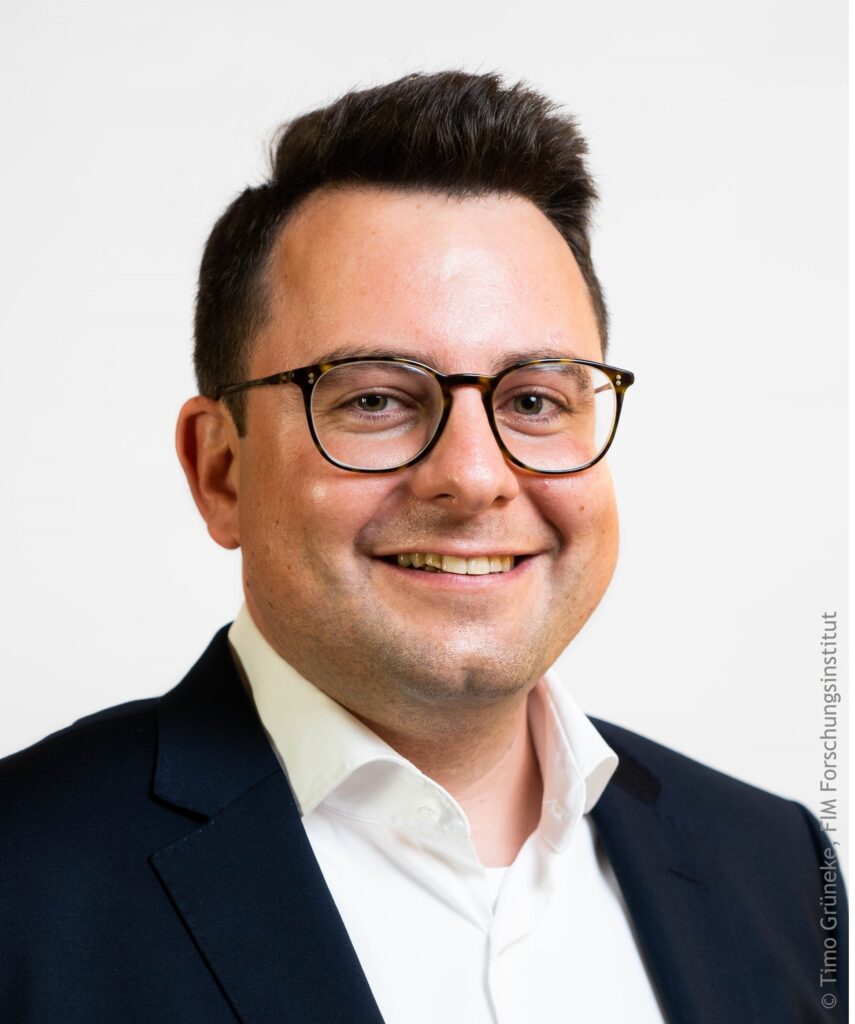
Martin Weibelzahl is head of department at the FIM Research Center for Information Management as well as a member of the Branch Business & Information Systems Engineering of the Fraunhofer FIT. Since October 2023, Martin Weibelzahl is Professor for the Design of Digital Energy Markets at the University of Luxembourg. In his research, he analyses how digital technologies enable a future-proof energy-market design and how markets need to be developed in order to allow digital technologies to play their transformative role. In various projects, Martin Weibelzahl works together with international colleagues from universities such as the Imperial College London (England), the Norwegian School of Economics (Norway), or the Technical University of Munich (Germany). He also intensively collaborates with private companies and frequently advises European policymakers in questions related to market design. Currently, he is for example a member of the ENTSO-E Bidding Zone Review Consultative Group and was invited as an expert to the Platform Climate-Neutral Electricity System, which develops the future German electricity market.
Marc-Fabian Körner is a postdoctoral researcher at the University of Bayreuth. He is also affiliated with the Branch Business & Information Systems Engineering of the Fraunhofer FIT and the FIM Research Center where he leads a research group on Green IS and Digital Decarbonization. His research focusses on Green IS and related topics of energy informatics, data ecosystems and cross-organizational collaboration, as well as digital identity management in private and public organizations. His interdisciplinary work on Green IS has been published in journals including Business & Information Systems Engineering, Applied Energy, and Renewable & Sustainable Energy Reviews.
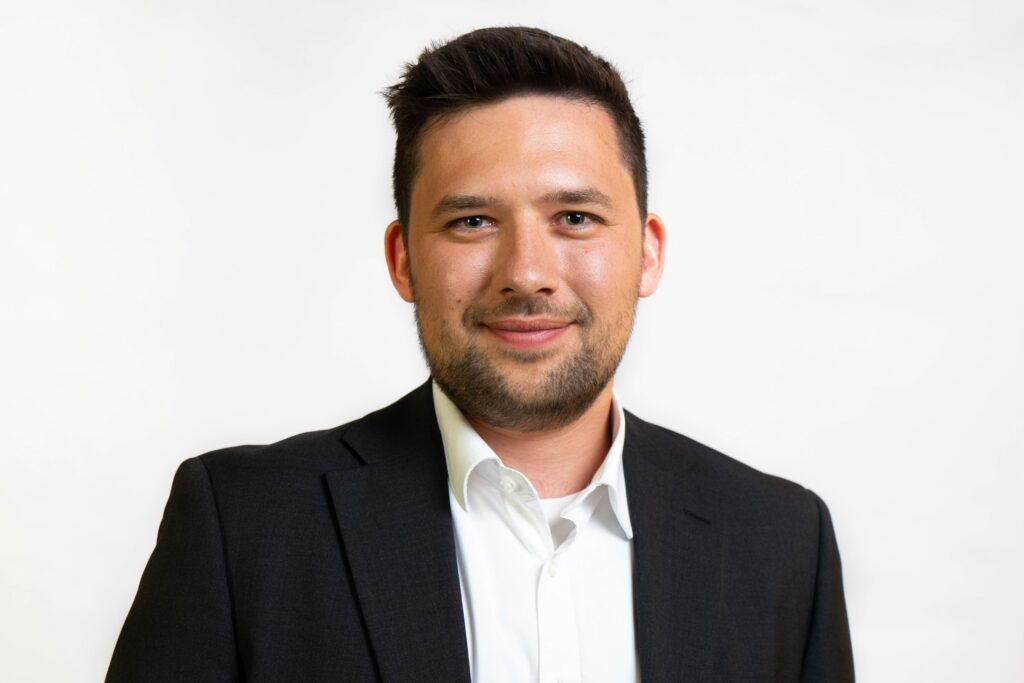
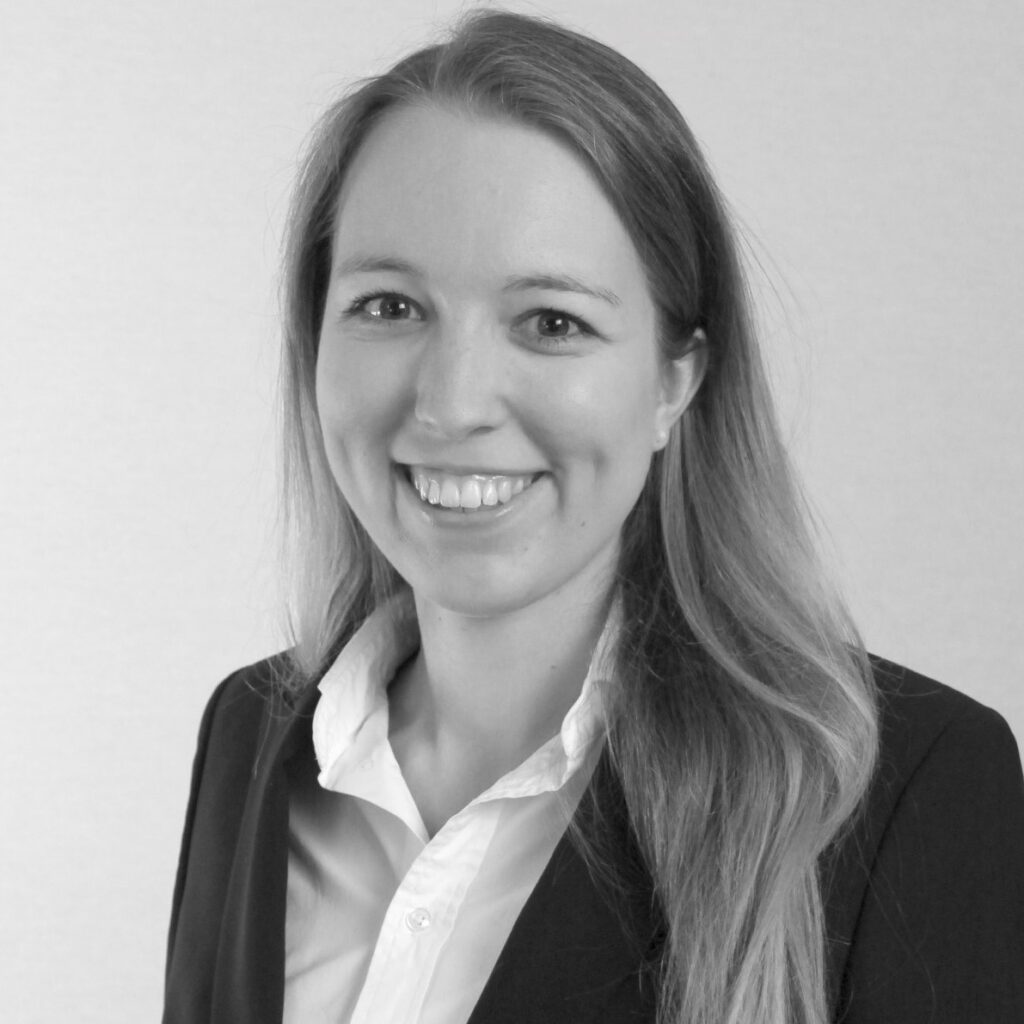
Anne Michaelis is a senior researcher at the University of Bayreuth and the Branch Business & Information Systems Engineering of the Fraunhofer FIT. With decarbonization as a core objective, the focus of her research interests lies on the use of digital technologies in the electricity sector. More specifically, her research activities center on the electricity market design, placing an emphasis on the development of smart, local, and consumer-centric electricity markets. In addition, she has extensive long-year experience acquired through the involvement in a multitude of energy-related projects. Furthermore, she is involved in international research collaborations and participates in projects on a global scale.
Workshop F
SIC! – A Smart Industrial Concept! workshop on optimization in energy systems
13:30-16:00 @ AIT (Room GG4-F1-M1, Giefinggasse 4, 1210 Vienna)
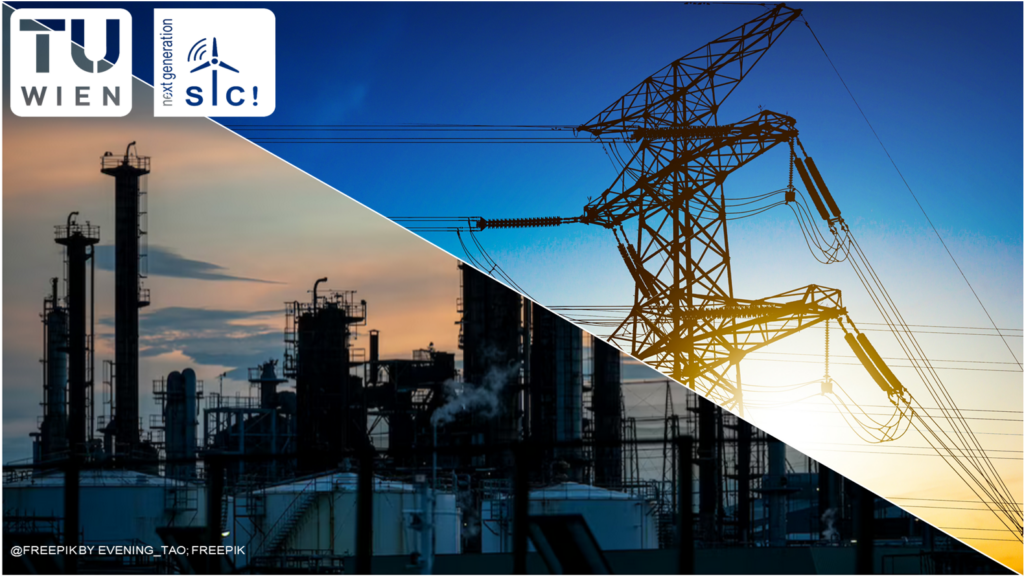
In this workshop, we will bring together industry experts and researchers to discuss and explore the power of optimization. Through a series of engaging presentations, practical examples and interactive discussions, we aim to broaden the participants’ understanding of optimization principles, showcase real-world use cases, and foster collaboration among participants.
The workshop will kick off with thought-provoking impulse lectures, demonstrating how important optimization is. This is followed by a hands-on introduction to optimization, explaining its core concepts and principles, where participants will have the opportunity to engage in a practical workshop. You will explore optimization demonstrations and work through exercises to apply the learned concepts. This session will deepen your understanding of optimization techniques and equip you with the skills to implement them effectively.
Through case studies and practical examples, we will demonstrate how optimization techniques have improved system performance and efficiency.
For real world context, the workshop includes a discussion with industry representatives. They will share their experiences and challenges related to system optimization in their respective industries. This interactive session will provide a platform to exchange ideas, address key questions, and explore collaboration opportunities with industry experts.
Throughout the workshop, we encourage open dialogue and collaboration of all participants.
By the end of the workshop, you will have gained a solid understanding of optimization basics, gotten to know real-world use cases, and acquired practical skills to apply optimization techniques to complex systems.
Join us at the SIC! workshop on optimization in energy systems and unlock the potential of optimization to drive efficiency, innovation, and success in your industry. Let’s optimize our systems for a brighter future!
Moderator
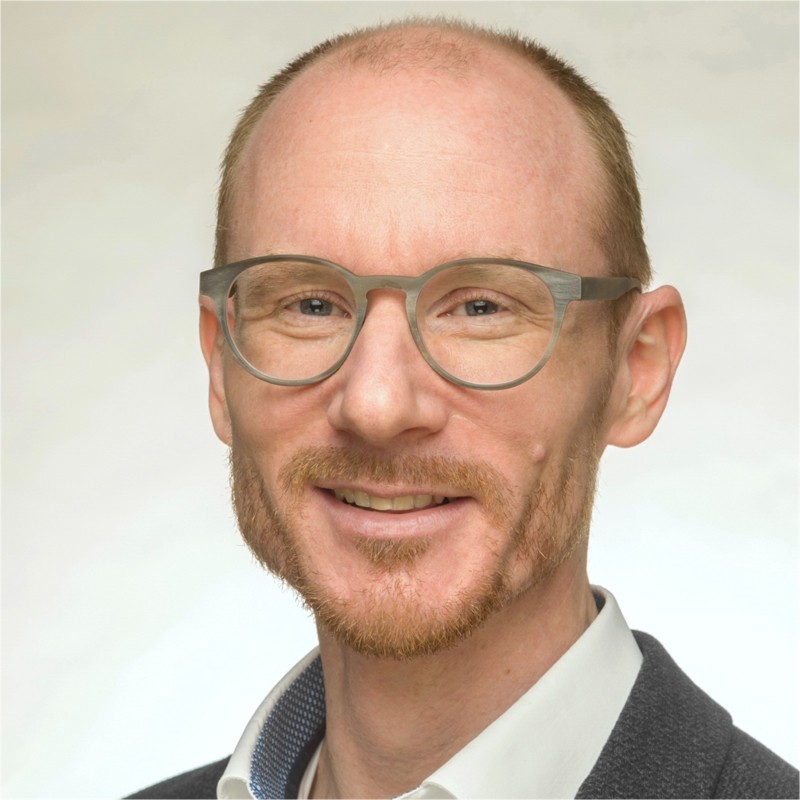
RENÉ HOFMANN is full Professor at the TU Wien and Head of the Institute for Energy Systems and Thermodynamics. Mr. Hofmann has many years of industrial, research project and publication experience in the field of energy systems, habilitated in the field of design and operational optimization for industrial energy systems and teaches methods for modeling, simulation and optimization of thermal processes. He served as a senior process engineer with R&D at Josef Bertsch GmbH & Co. KG, Austria and most recently also at the AIT Austrian Institute of Technology as Principal Scientist alongside TU Wien. His current research work includes sector coupled energy systems and AI for energy systems. Mr. Hofmann is active in the Executive Committee of the International Energy Agency Technology Collaboration Program Industrial Energy Related Technology and Systems.
